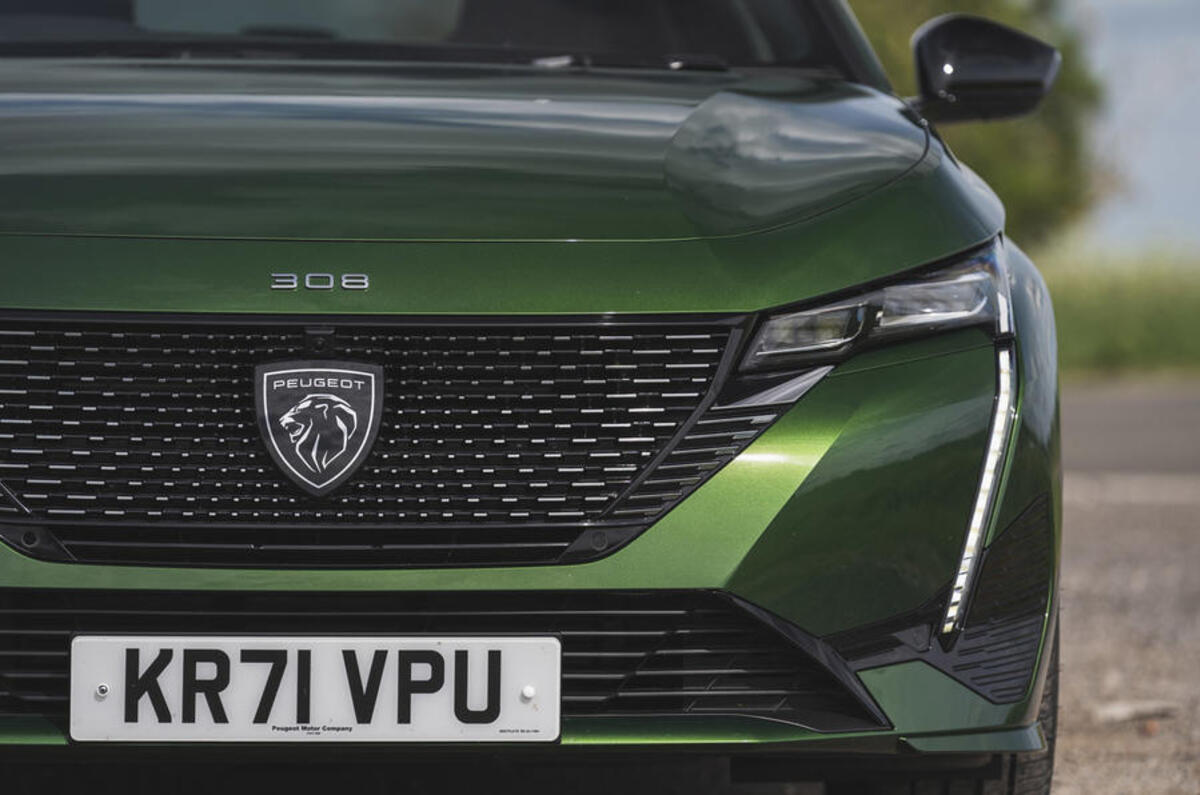Stellantis last week put a gun on the table and threatened to take out its UK manufacturing facilities if the government didn’t change its position on the ZEV mandate.
Publicly threatening to axe UK manufacturing has become the preferred negotiating tactic by global car makers that, for whatever reason, feel they aren’t being heard through the normal back channels.




Add your comment